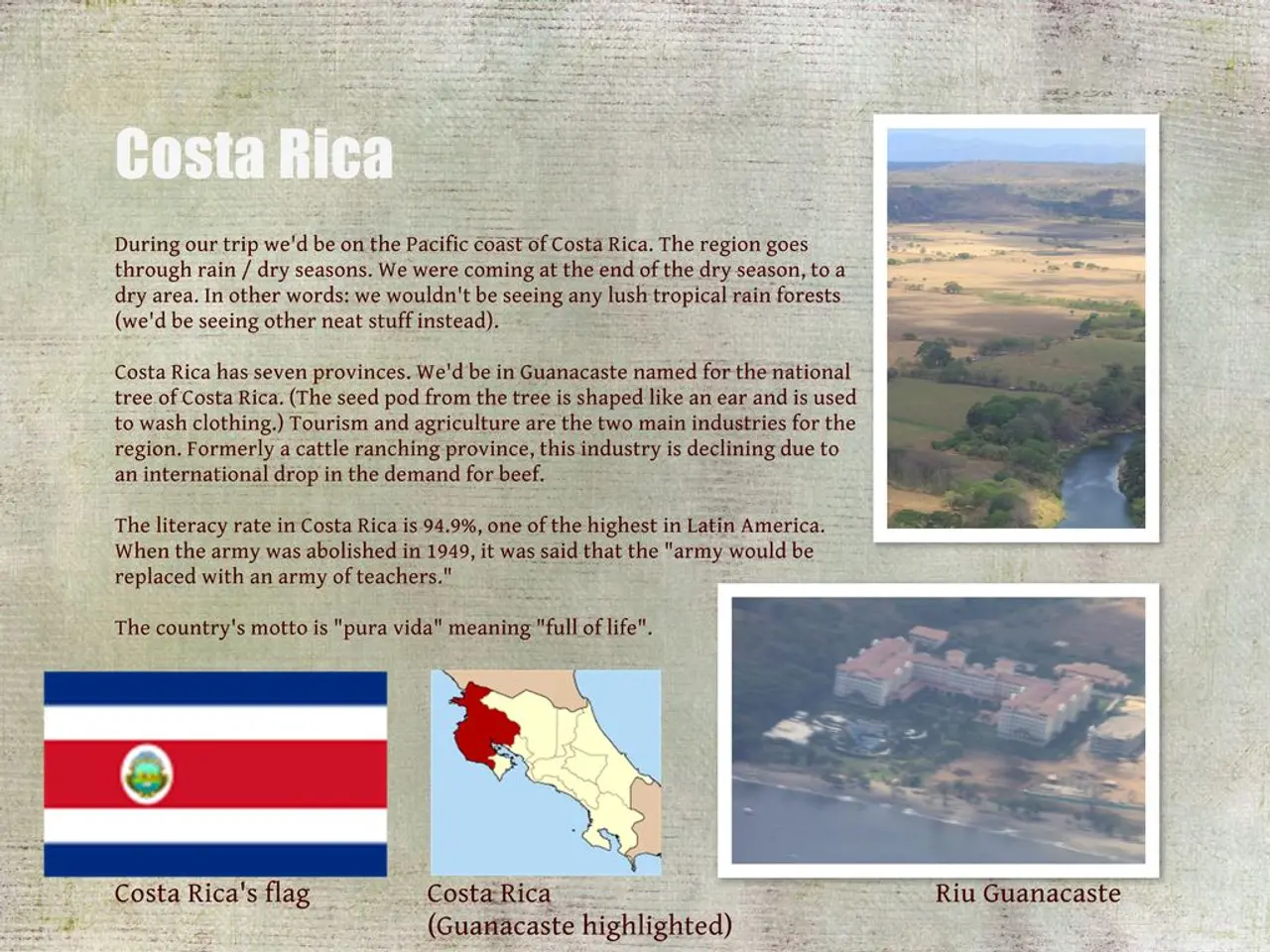Escalating gang clashes prompt Haiti to announce a state of emergency.
In a bid to restore peace and security, Haiti has declared a state of emergency in response to the severe escalation of gang violence, particularly in the central regions of Ouest, Artibonite, and Centre. This includes the capital Port-au-Prince, where armed gangs control at least 80% of the city.
The declaration comes after a series of disturbing incidents that have resulted in a humanitarian crisis. Between April and June 2025 alone, at least 1,520 people were killed, and 609 injured in armed violence, primarily in the Port-au-Prince metropolitan area, Artibonite, and Centre departments. The violence has led to over 1.3 million internally displaced persons, with half a million children among them.
The humanitarian crisis is acute, with food insecurity at emergency levels affecting about 2 million people, widespread malnutrition, and significant disruptions to education and community life.
The main perpetrators of this violence are armed gangs that control nearly 90% of Port-au-Prince and have expanded their control beyond the capital. These criminal groups are responsible for numerous human rights abuses, including murders, gang rapes, kidnappings, sexual slavery, exploitation of children, and trafficking.
The state of emergency does not specify any specific actions or measures to be taken, but it aims to mobilize resources and restore security. The transitional government, led by Laurent Saint-Cyr, the new rotating president of the transitional presidential council, has been managing the crisis since June 2024. The government has been unable to hold elections since 2016.
The decision to declare the state of emergency was made by the office of Prime Minister Alix Didier Fils-Aimé. The primary aim of this government is to stabilize the country and pave the way for democratic elections in November.
The state of emergency applies to the central regions of Ouest, Artibonite, and Centre, which include the capital Port-au-Prince. The insecurity in Haiti is negatively impacting the lives of citizens and various economic sectors. The government of Haiti, the poorest country in the Americas with a population of nearly 12 million inhabitants, hopes that this emergency measure will help address the crisis situation.
The appointment of a new chief of the National Police and the inauguration of Laurent Saint-Cyr occurred shortly before the declaration of the state of emergency. The former president, Jovenel Moïse, was assassinated in his residence in 2021. The international community and human rights organizations have called for the Haitian government to strengthen its efforts against gangs with respect for human rights.
The state of emergency is meant to address the crisis situation in Haiti, with the aim of enabling a comprehensive mobilization of the state's resources. The UN has described the violence in Haiti as “strikingly horrific” levels of gang-related violence and lawlessness. The violence in 2024 saw over 5,600 people killed (a 23% increase over 2023).
In brief, the state of emergency was declared in response to the severe escalation of gang violence and the collapse of public security, resulting in widespread death, displacement, and a humanitarian emergency centered in Ouest (Port-au-Prince), Artibonite, and Centre regions. The hope is that this emergency measure will help restore peace and security, paving the way for democratic elections in November.
Key Points Summary:
- State of emergency declared in response to gang violence in Haiti.
- Violence primarily in Ouest (Port-au-Prince), Artibonite, and Centre regions.
- Over 1,520 killed, 609 injured in Q2 2025.
- Over 5,600 killed in 2024 (23% increase over 2023).
- Over 1.3 million internally displaced persons.
- Food insecurity affecting 2 million people.
- Armed gangs controlling nearly 90% of Port-au-Prince and expanding control.
- Human rights abuses including murders, gang rapes, kidnappings, sexual slavery, exploitation of children, and trafficking.
- State of emergency aims to mobilize resources and restore security.
- Transitional government led by Laurent Saint-Cyr.
- State of emergency applies to Ouest, Artibonite, and Centre regions.
- International community and human rights organizations calling for respect for human rights in anti-gang operations.
- State of emergency aims to address the crisis situation in Haiti.
- The state of emergency in Haiti, announced by Prime Minister Alix Didier Fils-Aimé, comes as a response to the critical escalation of gang violence, which has markedly affected the general-news and crime-and-justice sectors, leading to a humanitarian crisis.
- Amidst the political unrest in Haiti, the state of emergency aims to mobilize resources and provide a means for the transitional government, led by Laurent Saint-Cyr, to restore peace and security, potentially impacting the broader service sector and addressing the growing needs of citizens in this crisis situation.







